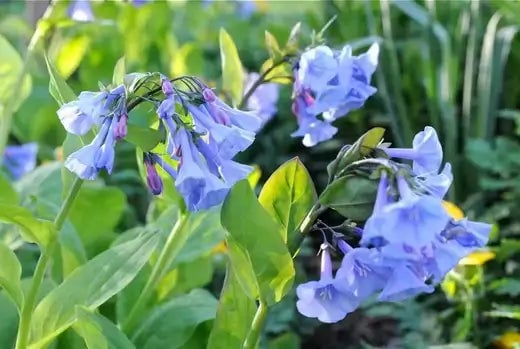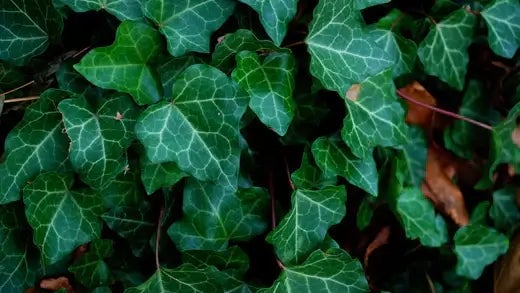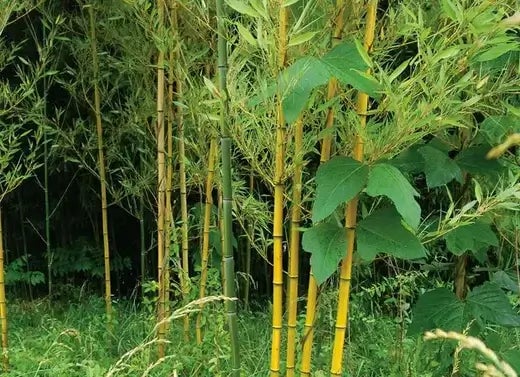River Cane Description
Before the Europeans settled the United States, River cane as canebrakes or areas of land covered with a dense growth of rods dominated the southeastern landscape, easily found along floodplains and stream bottoms. River cane is still around today and is a type of bamboo with evergreen foliage rising from rhizomes in the top portion of the soil. It grows best in neutral to moderately acidic lands limited to natural levees, see-pages, and stream terraces. It requires moist soil with adequate drainage, sandy soils being ideal. It's often confused with other bamboos, and like them, it flowers sporadically and can spread quickly over a large area.

Providing environments for all kinds of animals
Canebrakes can provide an environment for several species of mammals, birds, reptiles, and invertebrates. They can provide food for Whitetail deer and grazing livestock who eat the shoots in the spring. River cane can improve water quality by filtering groundwater.
River cane has been a wonderfully helpful bamboo for the self-reliant and is considered valuable by the Cherokee Nation. Historically, it was used to make arrow shafts for weapons, darts for game hunting, and even crafted into crude knives for skinning. Rive cane could also be used for small spits and fishing traps.
Today, while it's not as easy to find, river cane can be used to craft baskets, woven mats for wall and floor coverings, and sheaths for various small weapons. For gardeners, You can use it for tomato stakes. This versatile species can also be used to craft paint brushes, pipes, and blow tubes. Bundles of hollow cells can even be lashed together to create a crude pontoon boat.
Music lovers will appreciate the fact that river cane can be made into delicate flutes and useful survival whistles. Given its many positive uses, river cane is one flexible, fantastic plant species.
Purchase River Cane at TN Nursery
Read more

Virginia Blue Bells - The Belle Of The Ball In Fine Gardening Also commonly known as "Virginia cowslip," Virginia bluebells are woodland perennial plants that begin blooming during their second yea...

English Ivy in Your GardenMore commonly known as the English ivy plant, Helix is an evergreen vine native to Europe and western Asia. It is a thick ground cover and is well known for its ability to...


